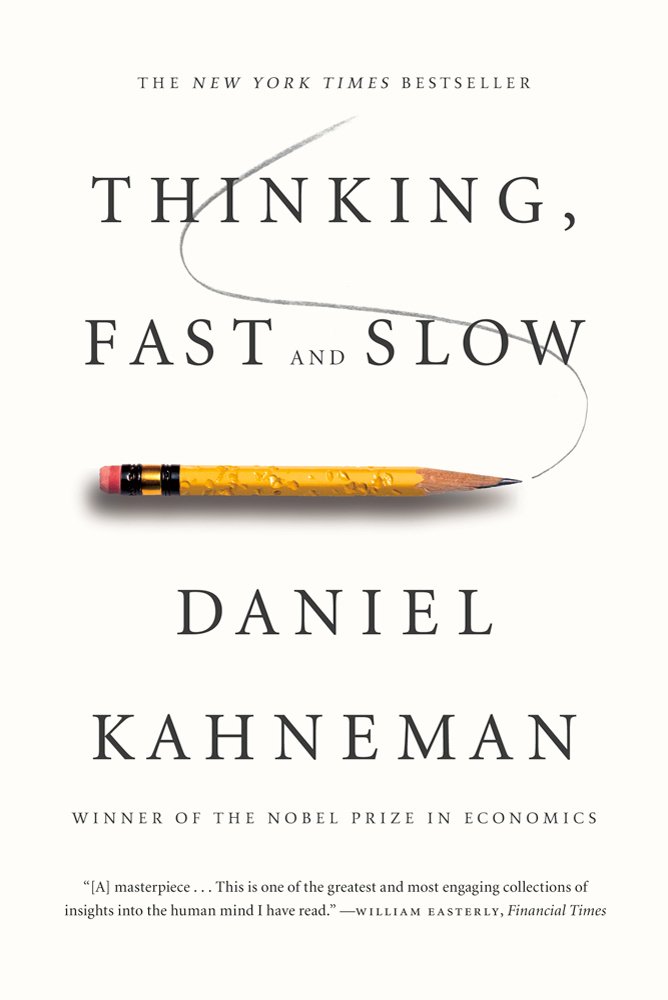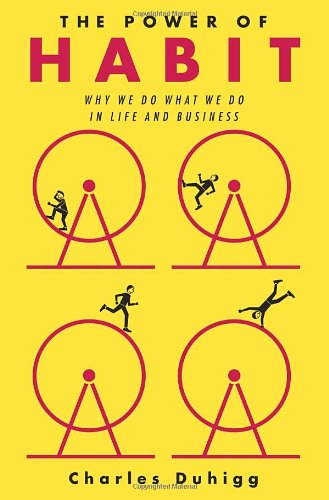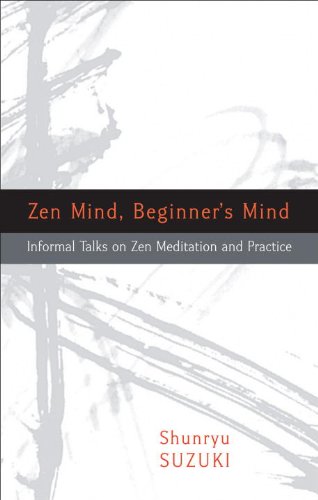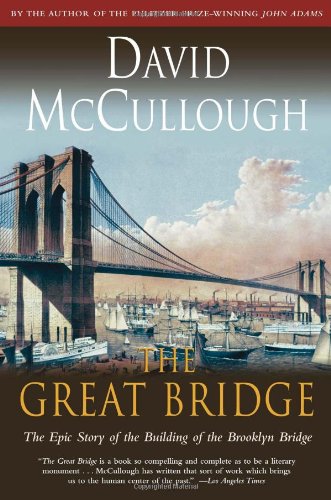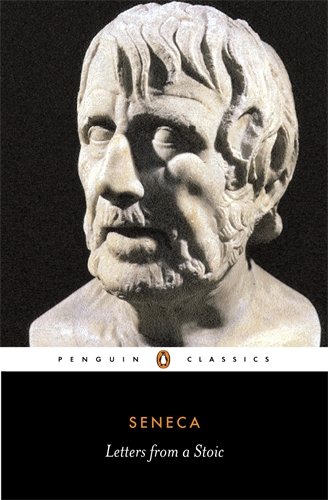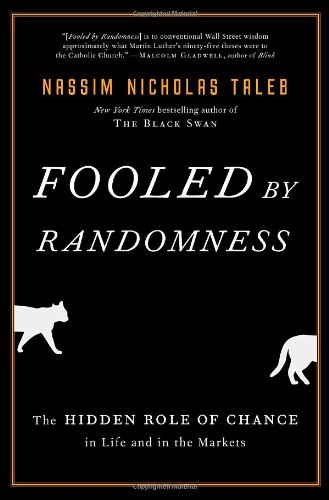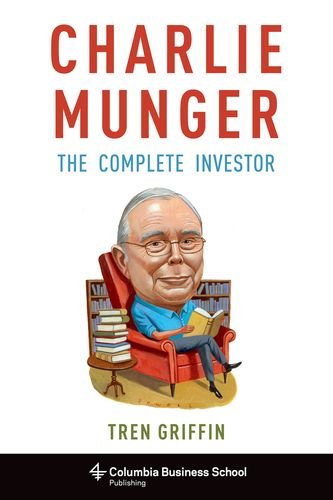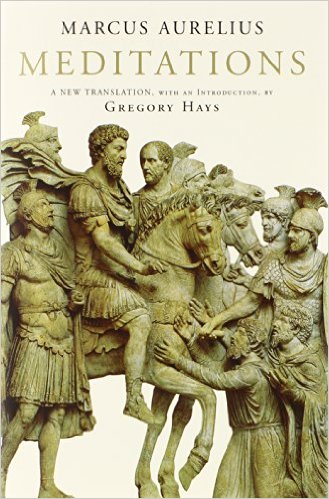This week I decided to review my notes from Eric Greitens’ Resilience: Hard-Won Wisdom for Living a Better Life so that I could catch up on some other reading. Greitens, a former U.S. Navy SEAL offers advice on living life, and dealing with challenges, to a fellow SEAL having difficulties after leaving the service. From the title it is clear that book is about resilience, which is the ability to recover from challenges or setbacks. Early in the book Greitens offers an easy test for judging how resilient someone is likely to be:
But I do believe that there is one question that can tell you more than any other about people’s capacity for resilience. Ask them: “What are you responsible for?”
The more responsibility people take, the more resilient they are likely to be. The less responsibility people take — for their actions, for their lives, for their happiness — the more likely it is that life will crush them. At the root of resilience is the willingness to take responsibility for results.
The more responsibility we have, it is likely, the more frequently we will face challenges or setbacks and must therefore either adapt and respond to the challenge, or else fail to fulfill our duties towards our responsibility.
When we are responsible for something, it is possible that we will not accomplish a goal we are tasked with completing, or not fulfill all of the requirements we are expected to in order to call the goal complete. If there were no possibility of failure, there wouldn’t be any responsibility. At some point during the process of attempting to accomplish the goal, it is likely that something will not go as planned, or something unexpected will arise, it is our resilience that determines our response to these types of situations. We can either give up and say that we cannot do something, or accept that something bad has happened, and figure out how we are going to deal with it, and what we can do to get past it. Or as Greitens puts it:
The essence of responsibility is the acceptance of the consequences — good and bad — of your actions. You are not responsible for everything that happens to you. You are responsible for how you deal with what happens to you.
When something does not go according to plan, often it is beyond our control, as long as we’ve attempted to plan for more than just a best case situation, if it is something that could not be foreseen, although it is not our fault that it happens, it becomes our responsibility to deal with the consequences of it.
When we take on a challenge, and succeed, even if there are no unforeseen problems that arise, it can still help to build our resilience. Any sufficient responsibility will likely involve some amount of stress, as we plan how we are going to handle the responsibility, and worry about potential negative outcomes. By facing this stress and worry, overtime our confidence can grow, making the next similar responsibility less stressful, as we learn that we can handle it.
Increasing our resilience requires us to take on more responsibilities and face the challenges that arise while trying to carry out that responsibility. By becoming more resilient, we learn new strategies for dealing with challenges. By facing a variety of challenges and finding appropriate solutions for each one, we can build up a store of potential solutions to draw upon in the future. So even though a particular challenge may be one which we have not faced before, it could be similar to one that we have seen, and we can then use a similar solution, or combination of solutions which we used in the past to deal with the current challenge.
Much of Greitens’ philosophy reflects that of the ancient Stoics, the most famous of whom is of course Marcus Aurelius who had expressed a similar sentiment about accepting what happens to us, both the good and the bad:
You take things you don’t control and define them as “good” or “bad.” And so of course when the “bad” things happen, or the “good” ones don’t, you blame the gods and feel hatred for the people responsible–or those you decide to make responsible. Much of our bad behavior stems from trying to apply those criteria. If we limited “good” and “bad” to our own actions, we’d have no call to challenge God, or to treat other people as enemies.
While we cannot control everything that happens to us, we can control our reaction to it. Bad things will happen to us, it’s a fact of life, but how we react to them determines who and what we are as a person. Do we accept challenges as they arise and use them as opportunities to grow, or do we give up and let life defeat us? Marcus offers some advice on how to deal with situations when things go against us:
And why is it so hard when things go against you? If it’s imposed by nature, accept it gladly and stop fighting it. And if not, work out what your own nature requires, and aim at that, even if it brings you no glory. None of us is forbidden to pursue our own good.
There are many things that we just cannot change, nature especially, the only thing we have the complete ability to change is ourselves and we can use these challenges as learning opportunities, to identify the skills or knowledge that we do not yet have, but will need to acquire in order to get past the challenge in front of us.
As we accept responsibilities and learn to handle the challenges that arise while working to fulfill them, over time we become more resilient, and better equipped to handle greater responsibilities, and the greater challenges that come along with them. By agreeing to take on ever greater responsibilities and facing the greater challenges that come with them we can shape who we are and allow ourselves to grow.


